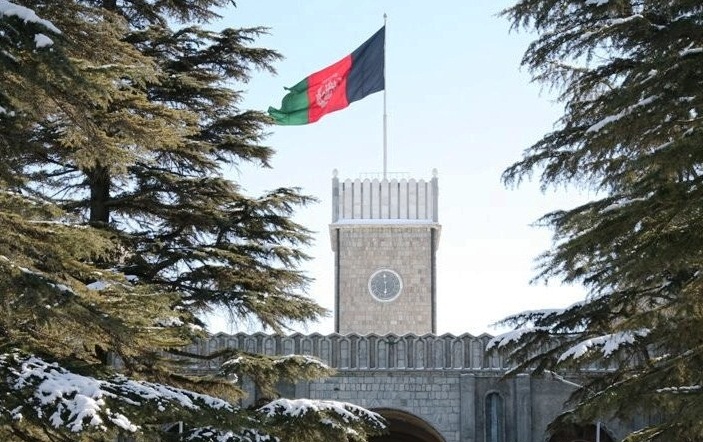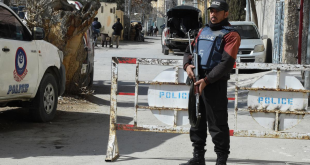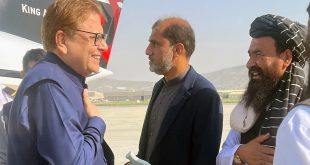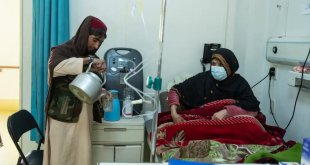After formation of the National Unity Government (NUG) the hopes were high that the new leadership would resolve the challenges that the previous government could not. The previous government was focused on reconstruction of solid foundation for the next government, so it will have no fear of collapse. Somehow, it succeeded in it and that’s why the NUG had a well-functioning parliament, armed forces and productive internal and foreign policies. However, nothing has changed for betterment of common people. The problems actually multiplied. Insecurity has increased, Daesh is spreading from Nangahar to other eastern provinces, the Taliban has seized Kunduz city, though, for a brief period but it has eroded public trust over the government.
The biggest failure of the NUG is its incompetence to complete the cabinet and appoint provincial governors. Different provinces and organizations are run by the caretakers. The government’s strategy is limited to the triangle of hiring, firing and shuffling. New people are appointed, some are dismissed and some officials are transferred or sent on deputation to other departments or ministries. Resignations of the National Directorate of Security’s chief Rahmatullah Nabil and IDLG’s chief Jilani Popal are the indicators that the government is not going in the right direction. Appointment of the former governor of Ghor province, Sima Joyinda, as deputy governor of Kabul is another blot on the NUG. According to Joyinda the decision was made by the government after coming under pressure of influential people.
Tired of the NUG failures, politicians and former officials and jihadi leaders established an opposition party “Afghanistan’s Protection and Stability Council”. Main objective of this party is to pressurize the government to deliver on its pledges. It is a major opposition party in the contemporary history. This major party could play role in resolving these problems as a pressure group. The government should be criticized for not taking the right decisions or ignoring key problems.
It is duty of the opposition party to represent the public, if the parliamentarians could not. If we want to support the democratic system, then opposition party is necessary; otherwise, the current system would come closer to totalitarian system where a man or a group decides about fate of the nation without calculating the pros and cons of certain steps and policies.
However, the opposition party should not provide chances to those elements who are trying to destabilize Afghanistan by creating issues over the governance. The government should be criticized but also supported to continue its job until the Loya Jirga decides its fate. Collapse of the government would create more serious challenges. It is good to hear that the opposition party has made it clear that it has no intension to bring the current government to its knees.
Public mandate should be respected at all cost. But it does not mean to leave the public in trouble and allow the leaders to take decisions that are reversing the progress made in the past over 14 years. The nation cannot afford going back to the square one.
 Afghanistan Times
Afghanistan Times




